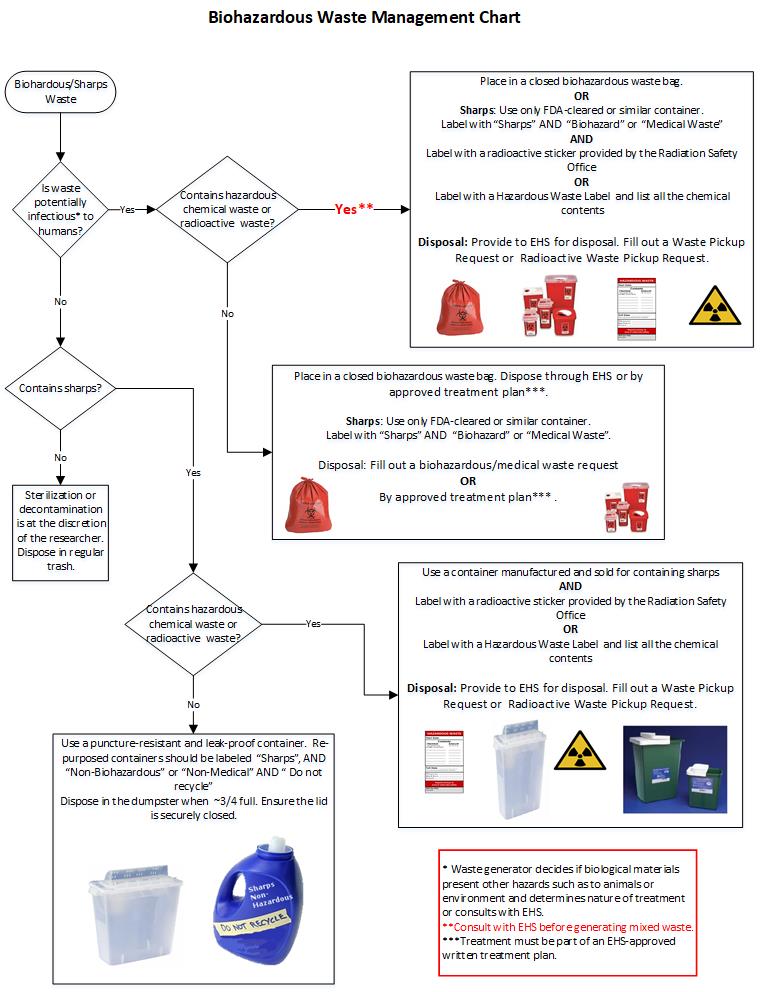Liable Solutions: Recognizing Medical Garbage Disposal Solutions
In the world of health care, the correct disposal of medical waste is a crucial element that requires careful factor to consider. As medical care centers generate different kinds of waste that call for specialized handling, recognizing the nuances of medical waste disposal services is vital.
Significance of Appropriate Medical Garbage Disposal
Proper clinical waste disposal is critical in preserving a secure and sanitary atmosphere within health care centers. In health care settings, numerous kinds of waste are generated daily, consisting of contagious materials, sharps, expired medicines, and chemical substances.

Sorts Of Medical Waste
Within medical care facilities, a varied range of waste products classified as medical waste is generated, each calling for certain handling and disposal methods. Clinical waste can be classified into numerous kinds based on its attributes and possible risks. Contagious waste, such as made use of cultures, swabs, and needles, presents a significant risk of spreading infections and should be carefully taken care of to avoid any type of prospective injury. Contaminated materials includes chemicals, pharmaceuticals, and particular materials that may be hazardous or responsive. These products call for specific disposal approaches to decrease ecological influence and make sure safety and security. Pathological waste, that includes cells, body organs, and body components, demands correct disposal to value the self-respect of the departed and stop any type of biohazards. Finally, pharmaceutical waste, like expired medications and chemotherapy drugs, must be thrown away appropriately to avoid abuse or environmental contamination. Comprehending the different types of medical waste is essential for medical care centers to execute effective waste monitoring approaches and shield public health and wellness and the atmosphere (Medical Waste Disposal Services).
Rules and Conformity
Health care centers should abide by rigid guidelines concerning the handling and disposal of clinical waste to ensure compliance with lawful requirements and secure public wellness. These regulations are put in area to avoid the spread of infections, shield the atmosphere, and keep the safety of health care workers and the public. Various regulative bodies, such as the Epa (EPA), the Occupational Security and Wellness Administration (OSHA), and the Department of Transport (DOT), have details guidelines that medical care facilities must comply with.
To adhere to these laws, medical care facilities should effectively set apart, shop, transport, and dispose of different kinds of medical waste. This includes sharps waste, contagious waste, harmful waste, and pharmaceutical waste, each calling for specific dealing with procedures. Facilities should likewise keep accurate records of waste generation and disposal to demonstrate compliance during assessments.
Non-compliance with clinical waste laws can lead to extreme fines, penalties, and damages to the facility's credibility. As a result, it is crucial visit site for medical care centers to remain notified regarding the current policies and carry out durable conformity measures to protect public health and the environment.
Benefits of Professional Disposal Providers
Engaging specialist medical waste disposal solutions provides medical care facilities a efficient and trustworthy solution for handling unsafe products. These solutions utilize skilled professionals who are skilled in handling different kinds of clinical waste, ensuring proper partition, transport, disposal, and packaging. Medical Waste Disposal Services.
Furthermore, professional disposal services utilize cutting edge devices and adhere to industry ideal methods to lessen ecological impact and minimize the danger of contamination. This not just advertises a safer workplace for healthcare personnel yet additionally adds to total public health and safety and security. Additionally, contracting out clinical waste disposal can result in cost savings over time by getting rid of the requirement for in-house administration and disposal systems.
Sustainable Practices in Healthcare

One key lasting technique in health care is waste reduction. By applying methods to reduce unneeded packaging, single-use items, and total waste generation, health care centers can dramatically reduce the amount of waste sent out to landfills or incineration. Additionally, reusing programs for materials like plastic, glass, and paper can better reduce the ecological influence of healthcare operations.

Final Thought
To conclude, correct clinical garbage disposal is important in preserving a risk-free and healthy atmosphere for both medical care employees Clicking Here and the basic public. Comprehending the different sorts of medical waste, adhering to guidelines and compliance standards, and using professional disposal solutions are necessary action in responsible waste management. By taking on sustainable practices in medical care centers, we can decrease environmental effect and guarantee the wellness of all people involved in the medical care about his industry.
As healthcare centers create different types of waste that require customized handling, comprehending the nuances of clinical waste disposal solutions is critical.Within medical care facilities, a varied range of waste products categorized as clinical waste is generated, each needing particular handling and disposal methods. Recognizing the various types of medical waste is important for healthcare facilities to apply reliable waste administration strategies and safeguard public wellness and the environment.
By implementing methods to reduce unnecessary packaging, single-use items, and general waste generation, healthcare facilities can dramatically decrease the amount of waste sent out to garbage dumps or incineration. Recognizing the various types of medical waste, complying with regulations and compliance criteria, and using expert disposal solutions are important actions in responsible waste management.